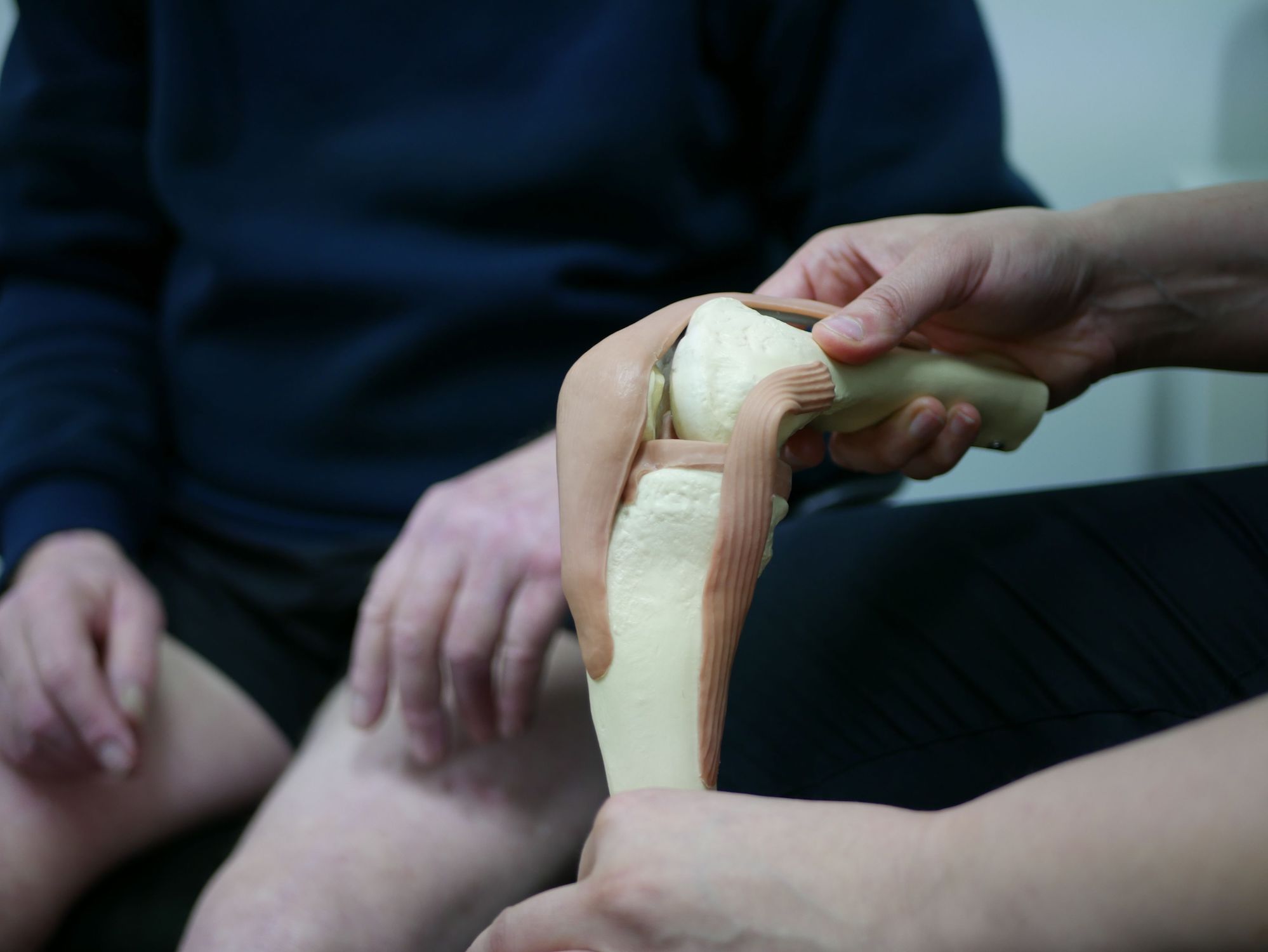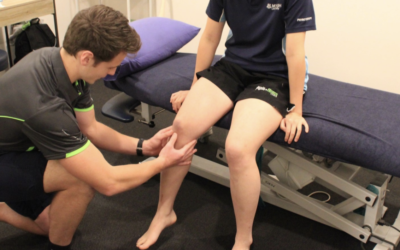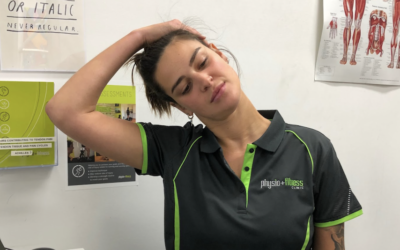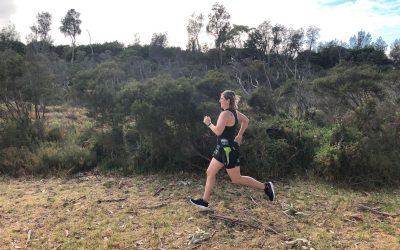It’s normal to be scared of surgery

Fear and orthopaedic surgery
Fear. It’s a strong word.
Orthopaedic surgery. It’s a big deal.
Together they can be a vicious bundle, but one I have seen again and again.
When we think of surgery, it’s hard not to think about the worst case scenarios. Perhaps you start to worry about the cost, or the risk of post-operative drugs and the effect these might have on your body. The worst part, is possible when a friend or family member have been through a similar procedure and they tell you how easy it is…because what if it isn’t so easy for you? (Cue panic!)
In all honesty, if there is one thing I am certain of, it is that EVERY human recovers differently from surgery.
Physiologically, humans vary significantly with their healing capacities and their body’s experience of pain. I have met some people who are bruised and battered from surgery, and yet they feel minimal pain; and others with minor surgeries who have intense pain. This is due to many different reasons, but their personal history and their tissue healing are two major factors in this. Some people scar up significantly after surgery, and you can bank your bottom dollar that if their skin heals with an ugly scar, that the deep tissues probably heal a bit more thickened than some other people. These are all normal variations of human collagen tissue.
Please remember that your experience of surgery is not like anyone else’s. So, be careful post-surgery when you start talking about how well you got through the procedure, because it can really make people panic about theirs!
I know most people are really well-meaning when they say how well their operation went. But this can really negatively affect someone fresh out of surgery, when they are going through a really difficult time. For some people this may be the single biggest challenge they have in their life, so don’t disregard it by saying “when I did XXX I was back walking in a week (blah, blah, blah – great work you hero). It’s just not nice. How about you just wish them well and leave it at that. Maybe even bring around some flowers or cook them a meal. That’s far more helpful.
You see, pain, fear and anxiety go hand-in-hand.
We all hope and expect that everything under anaesthetic went hunky-dory, but the reality is that surgeons are human beings (which means like the rest of us, they DO make mistakes) and they can sometimes go into a surgery expecting on thing from the MRI results, to then open up and realise that there is a lot more going on than the scan suggested. This can mean that the initial expectations from prior to the surgery can be a long way off the reality facing a client on the other side.
So, if you are struggling a little bit after surgery, and worried that you might not be improving as quickly as you expected, don’t talk to your mate about it – just go and get some advice from a knowledgeable health professional.
Acute injury management: Forget RICER, its time for PEACE & LOVE
Oh no, you just rolled your ankle. Quickly, grab the ice! Or, based recent advances in science, maybe don’t… For years we have been told to manage an acute injury with RICER - Rest, Ice, Compression, Elevation and (if appropriate) Referral. While at the time it was...
Myofascial Dry Needling to Prevent Headaches
Most people will have experienced a headache at some point in their lives. In fact 4.9 million Australians were suffering migraines in 2018. Headaches can come with a range of symptoms and have many classifications. The most common types of headaches include tension...
Is there a genetic basis for running performance?
The age old debate over nature vs nurture will always be a focus with development and potential for many aspects of human performance. In athletes it is well accepted that those who come from a family history of tall, strong people, will often create tall, strong...



